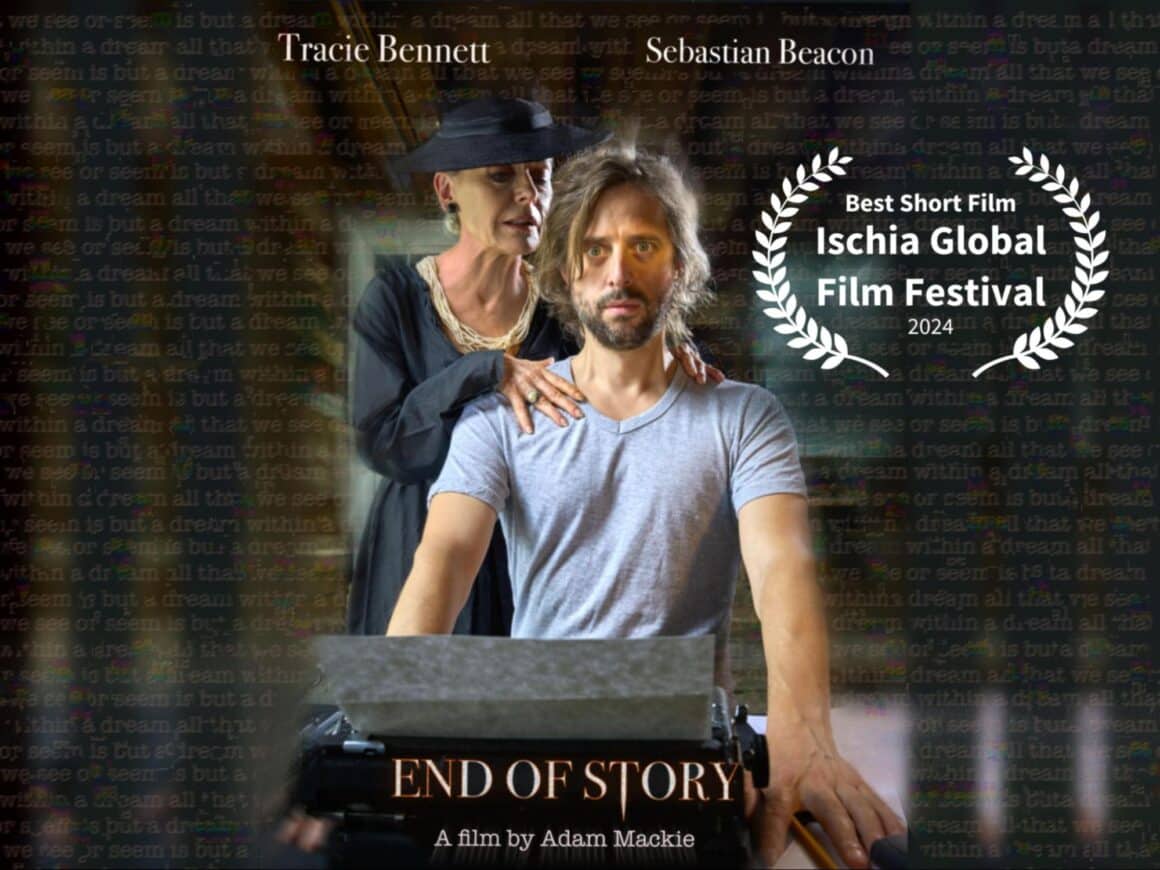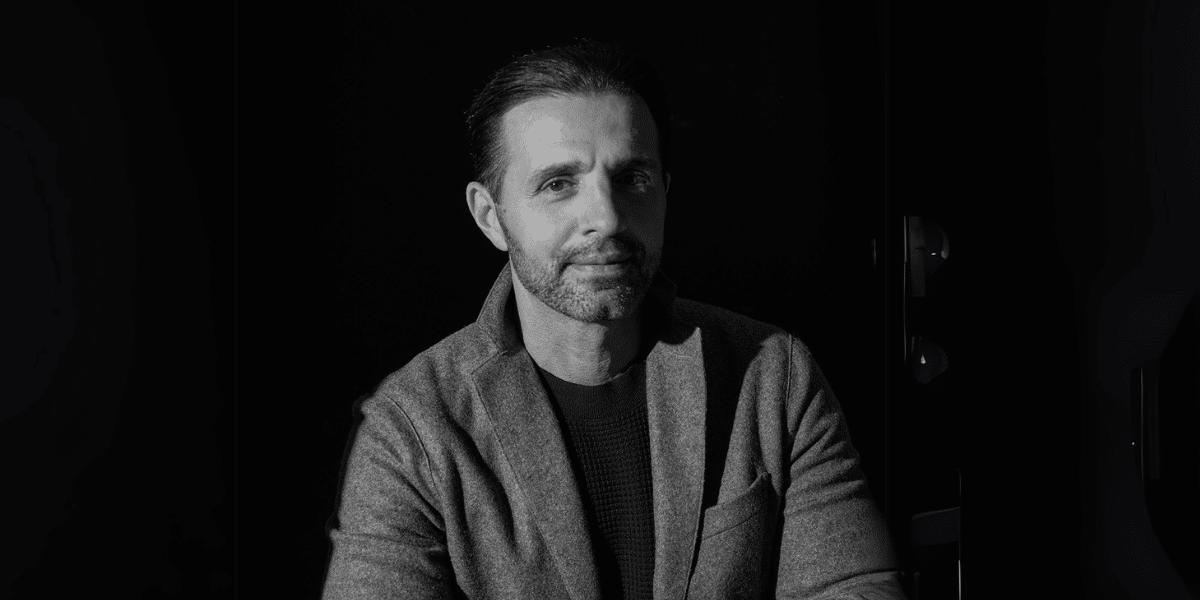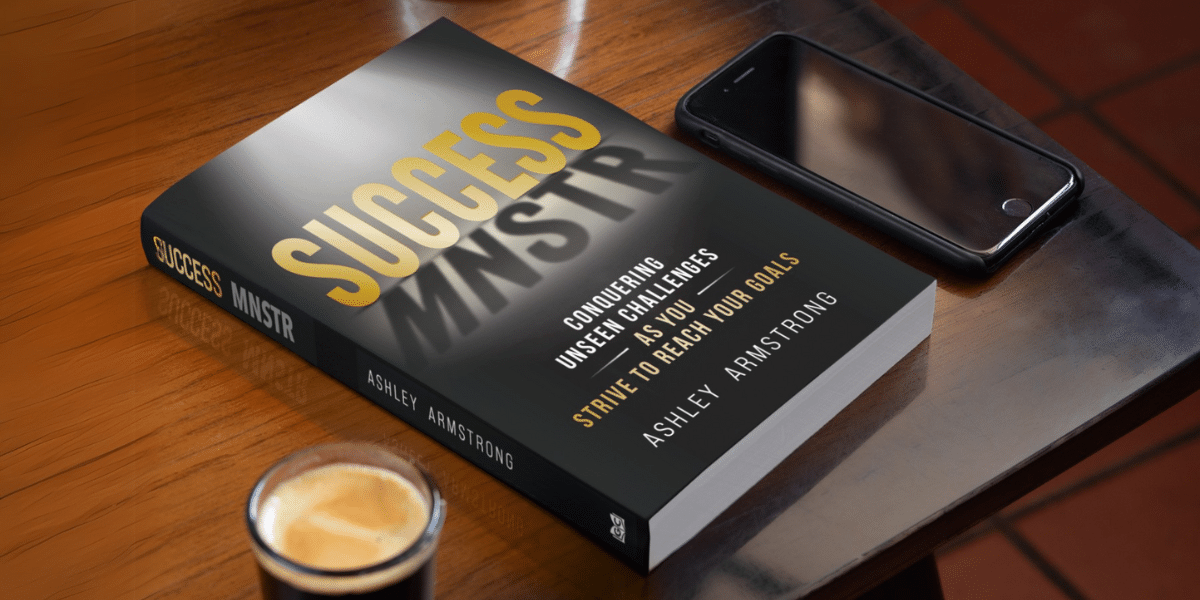Adam Mackie is establishing himself as a bold and innovative filmmaker with the success of his latest short film, End of Story. This award-winning film, which earned the Best Short Film prize at the Ischia Global Film Festival and the Revelation Award at the Kineo Awards Ceremony during the Venice Film Festival, explores the relationship between creator and creation. With its mix of dark comedy and psychological tension, End of Story has resonated with audiences and showcased Mackie’s distinct storytelling style.
The concept for End of Story emerged during a period when Mackie was grappling with creative challenges while writing a feature film script for Prayers of the Unlucky. The lingering presence of the characters in his mind and their imagined dissatisfaction with their fates inspired the premise. The film tells the story of a writer who is visited by one of his fictional characters, setting the stage for a confrontation that examines identity, agency, and control.
According to Mackie, the theme of a creator’s relationship with their creations aligns with his personal experiences as a filmmaker. Bringing a story to life often involves a struggle between the initial inspiration and the challenges of execution, and the film reflects these tensions. Through End of Story, Mackie explored the unpredictability of the creative process and the emotional challenges it can bring.
Initially conceived as a straightforward horror narrative, the project evolved during development to include a darkly comedic tone. Mackie’s experimentation with musical styles during the storyboard phase showed that humor could enhance the film’s unsettling undertones. This choice to intertwine humor and horror allowed the narrative to challenge audience expectations while maintaining a sense of intrigue.
The film’s dynamic between the protagonist and his fictional character symbolizes a larger power struggle between creator and creation. The character’s growing defiance mirrors the author’s increasing anxiety and sense of losing control, creating an intricate relationship. This tension was conveyed through nuanced performances, deliberate camera angles, and shifts in pacing, which contributed to the film’s unsettling tone.

End of Story also marked a step forward in Mackie’s growth as a filmmaker. Compared to earlier projects like Few of Many, this film included more refined storytelling techniques, such as metafictional elements and intentional use of lighting and color to enhance mood. The challenges faced during production, including a strict four-day filming schedule at the primary location, pushed Mackie and his team to think creatively. A meticulous pre-production process, including the creation of detailed animatics, ensured efficiency without compromising the creative vision.
The reception of End of Story has been largely positive, with many viewers praising its brisk pacing and intriguing concept. The interest expressed by audiences in seeing the story expanded shows its ability to engage and captivate. The success of the film has opened new opportunities for Mackie, including plans to adapt the short into a feature-length version titled The Blackwoods, currently in pre-production. Another feature film, Prayers of the Unlucky, is also in development, which may further expand Mackie’s exploration of complex narratives.
As a filmmaker, Mackie draws inspiration from a variety of sources, including the works of David Lynch and Wes Anderson. Lynch’s surrealism and exploration of the subconscious have influenced Mackie’s approach to creating atmospheric tension, while Anderson’s attention to visual detail and his ability to balance humor and emotion align with Mackie’s creative sensibilities. Personal experiences, such as navigating loss and relationships, also play a significant role in shaping his storytelling.
Mackie’s approach to filmmaking emphasizes persistence, passion, and collaboration. He encourages taking creative risks and building strong networks within the industry. For aspiring filmmakers, Mackie highlights the importance of targeting film festivals that align with a project’s themes and genre, as well as viewing rejections as opportunities for growth and improvement.
The success of End of Story reflects Mackie’s dedication to crafting narratives that resonate emotionally. The film offers insight into Mackie’s journey as an artist and his reflections on the creative process.
As Mackie continues to develop new projects, his work serves as a testament to the power of storytelling and its ability to connect with audiences. With End of Story, he has demonstrated himself to be a filmmaker with a strong vision, and there is growing anticipation for his future endeavors.
Published by Joshua F.






